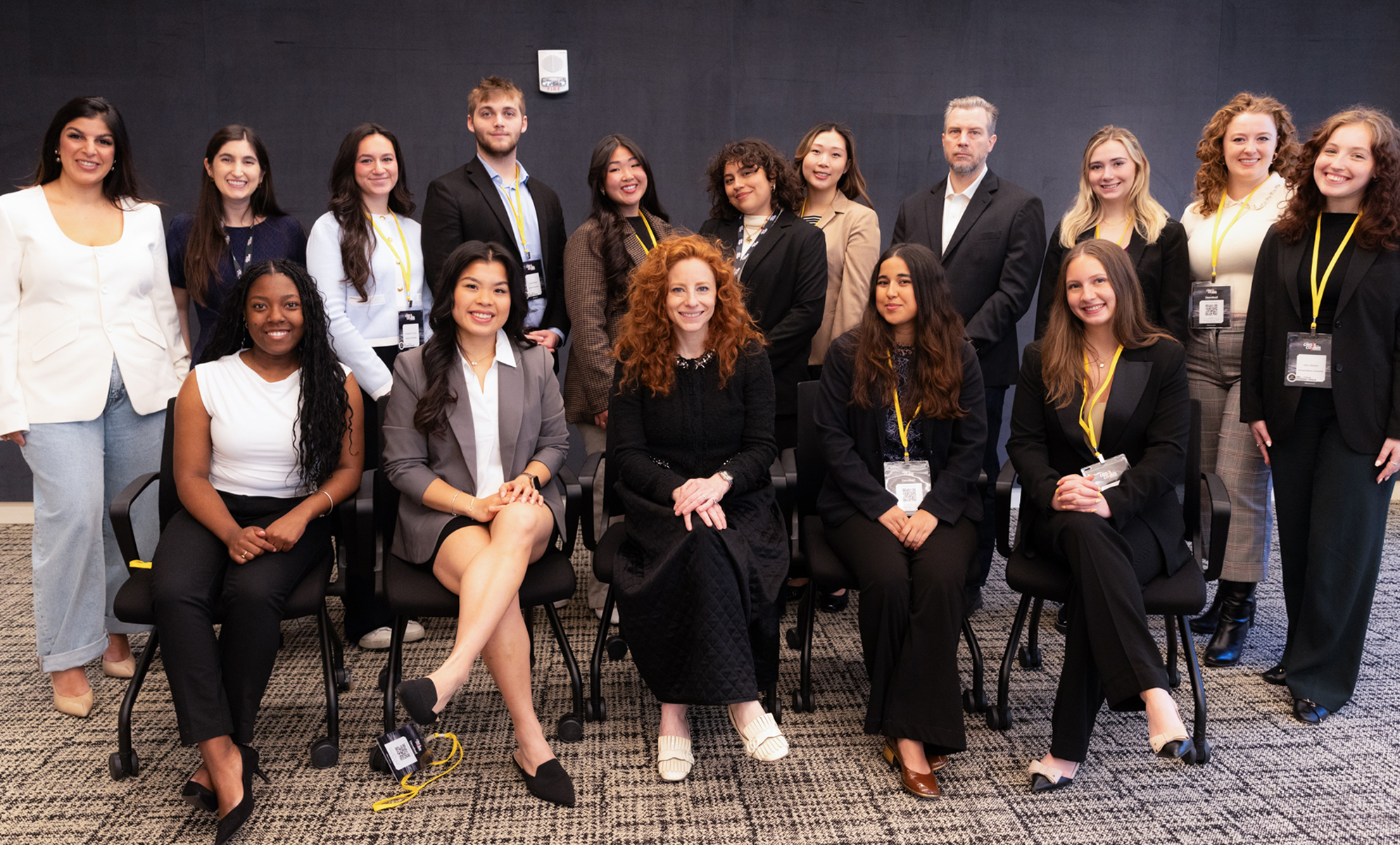By Talya Ehrenstein, Senior Account Supervisor, Corporate Health
I recently attended the PRWeek Crisis Comms Conference in D.C. and had the pleasure of meeting some star PR students as part of MSL's #MSLearningTrack program. The energy in the room was palpable, both from the attendees and from the expert speakers spanning a variety of industries. Being prepared for a crisis – and knowing how to respond before, during and after one – is critical to the value we bring clients as comms professionals – especially during a time when it seems the only constant in life is change.
A few memorable takeaways from the sessions:
- In anticipating and preparing for a crisis, world class processes lead to world class outcomes. Leaders from companies of all sizes focused on enacting and maintaining clear, repeatable protocols that become part of the collective team’s “muscle memory.” This doesn’t just mean tabletop exercises either – it means working with each function in a way that resonates with them to inspire confidence to face challenges big or small.
- As communicators, we can create opportunities to make the same message palatable for all audiences. This is especially topical during times of change and uncertainty. Whether focusing on things that unite – rather than divide – stakeholders, or connecting company values to business outcomes, successful impact is often tied to the ability to differentiate the message from the messenger and to respond & act accordingly.
- The longer a crisis persists without associated action to address it, the harder it will be to build back your reputation. In most cases, the public wants to see concrete action taken to address the issue – whether that’s personal accountability or programming to change the narrative – before they’ll be willing to move on. But once they do, rebuilding can begin in earnest.
I enjoyed hearing leaders talk about building corporate reputation on a platform of positivity and gained a new comms motto with the notion that if you can change the language, you can change the outcome.
